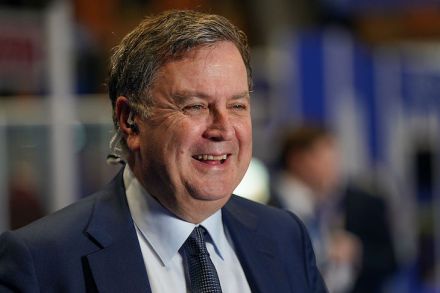How Rachel Reeves can escape the doom loop
Rachel Reeves is trapped in an economic ‘doom loop’: high debt, low growth and higher debt again. But, as pessimists’ eyes turn to the Chancellor’s Budget next month, there is a way she can turn that loop into a ‘virtuous circle’. The doom loop theory of Reeves’s economy has so far gone like this: But




















